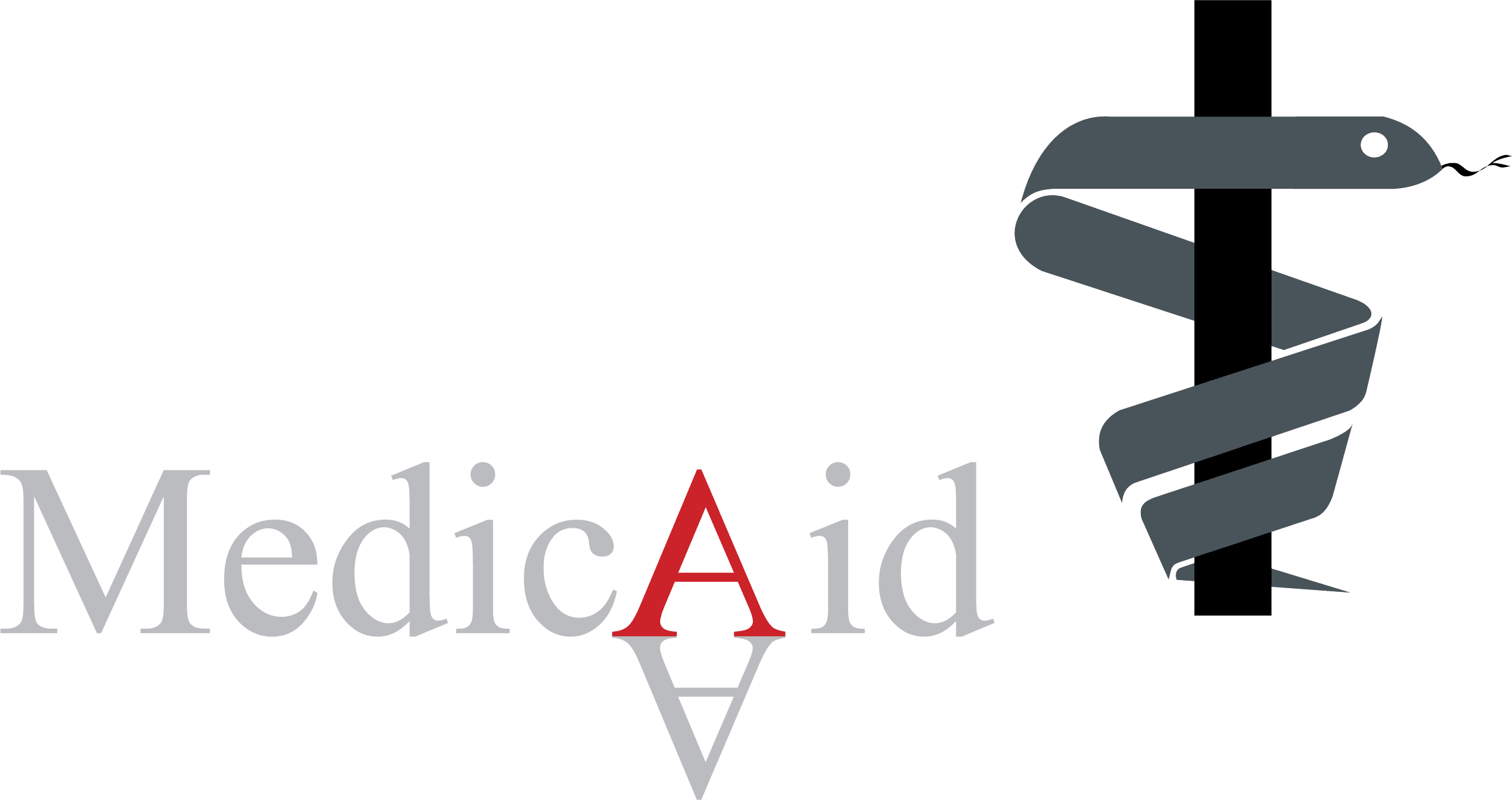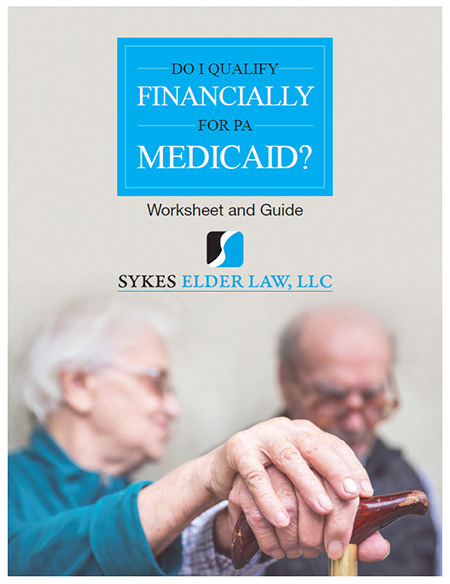This blog is the first chapter of a series entitled “How to Qualify for Medicaid in Pennsylvania” that focuses specifically on its long-term care program. Qualifying for Medicaid can be complicated and time-consuming, but this guide significantly simplifies the process. If you would like to receive a free copy of the complete guide click here.
What is Medicaid?
Medicaid is a federal program that helps pay medical costs for those who qualify. State governments administer the program, so some of the rules vary from state to state. Medicaid provides a number of programs for different recipients, including health care coverage for children and pregnant women. This series focuses only on Medicaid’s program for long-term care. Most long-term care recipients reside in a nursing home, but a few get care at home under the “waiver” program discussed later in this series. People sometimes confuse Medicaid with Medicare, which is a health insurance program for those receiving Social Security benefits. The two programs are not the same, though their names sound similar, leading to the occasional confusion.
“Medicaid” or “medical assistance”
Pennsylvania calls its Medicaid program “medical assistance.” You will often hear the terms “Medicaid” and “medical assistance” used interchangeably. To avoid confusion, and to use the term familiar to more people, we use the term “Medicaid”at all times.
Just remember that you may hear the program referred to as “medical assistance.” It’s the same program regardless of the term used to describe it.

Medicaid for Long Term Care in PA
Once a person qualifies, Medicaid for long-term care pays for the person’s care in a nursing home (or at home under a “waiver” program). The recipient must turn over his or her income to help pay for care, less certain deductions that will be explained in this series. If the recipient is married, the spouse at home may keep some of the couple’s assets and may receive some of the recipient’s income after qualification. For now, just keep in mind that this is the end result.
Eligibility for Long Term Care
An applicant for Medicaid benefits must meet the following eligibility requirements:
- U.S. citizen or resident alien
- Pennsylvania resident – must reside in the state, meaning he or she is physically here with the intent to remain. Someone who moved from another state to be near family meets the definition.
- Aged (65 or over), disabled, or blind
- Medically eligible – the applicant must require a fairly high level of care on a daily basis. In Pennsylvania Medicaid terminology, the applicant must be “nursing facility clinically eligible” or NFCE for short. That generally means the applicant must need so much assistance with activities of daily living (walking, bathing, dressing, eating, using the restroom, getting in and out of bed, etc.) that he or she needs to reside in a nursing home, rather than a facility that provides a lower level of care such as assisted living.
There is no written description of medical eligibility that covers every situation definitively. A personal assessment by the local Area Agency on Aging is needed to determine whether or not the applicant is NFCE.
In general, if the applicant suffers severe dementia, needs help with virtually every activity of daily living, or is unable to walk at all, he or she will likely qualify as NFCE. But you never know for certain until you receive the official determination. - Financially eligible – the applicant has countable assets below the allowable limit (either $2,400 or $8,000, depending on the applicant’s income). Later posts in this series will discuss what assets are countable, the eligibility limits, and the rules for spending down to the limits. The applicant’s income cannot exceed the cost of care. That rarely happens because the average cost of care exceeds $10,000 a month. Someone with that much income would almost certainly use that income to pay for care and never consider qualifying for Medicaid.
This post is part of a series about “How to Qualify for Medicaid in Pennsylvania”
- Medicaid for Long Term Care
- Countable Assets
- Exempt (Non-Countable) Assets
- Asset Limit: Applicant & Spouse
- Spouse's Income
- When No Spend Down Is Necessary
- Gifting & the Medicaid Look Back Period
- How to "Spend Down" to Qualify
- Liability for Care Costs and Applicants' Children
- Medicaid Application Process
- What Happens After Medicaid/ Approval
- Medicaid Waiver Program
- Estate Recovery – What Happens After Death?
14. What is Medicaid Planning?






